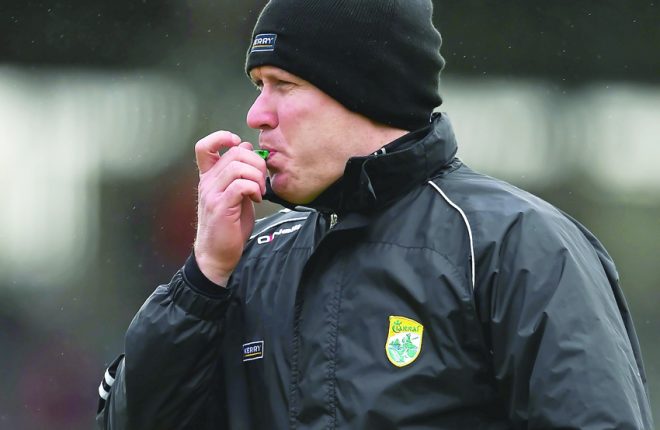
A week ago, I watched Ballyholland Harps lose on Friday night to Burren, then Down on Saturday to Longford in Newry and then watch Ireland exit the Euro’s on Sunday. To say that it was grim was an understatement.
It was all doom and gloom during the day Monday, only to be cheered up by the mighty Iceland on Monday night, doing the unthinkable and knocking England out of the Euro’s. Just like Down followers on Saturday who were left scratching their heads wondering what is next, and where do we go from here, England supporters are no doubt feeling exactly the same having failed to deliver in yet another major tournament.
Interestingly, on Twitter a statistic emerged in relation to coach education in Spain, England and Germany. In England there are 1,178 fully qualified “UEFA A” (basically top level) coaches, in Germany there are 5,500 and in Spain there are amazingly 12,720. Even more alarming is the differences in cost, it will cost you £5,600 sterling to complete the same course while in Germany its E530 euro and in Spain E1,200 euro!
Now in GAA the same principles still apply, how many fully qualified coaches have we actually got coaching teams whether that is underage or senior teams?
I am a huge believer in non-stop learning when it comes to coaching and a club/county that provides its coaches with an opportunity to learn is without doubt a forward thinking club/county.
I have been very privileged and honoured to have been asked to facilitate a number of coaching workshops for underage coaches in a number of clubs over the past few months, a brilliant initiative by any club and it doesn’t matter what time of the year it is, coaches will hopefully gain a little more knowledge which is turn will hopefully lead to them providing a higher quality coaching and training environment for their players.
I am an advocate of shared learning or sharing knowledge, I believe it’s an extremely effective way of improving you’re coaching by picking up ideas, thoughts and methods from other coaches and it’s something I would do quite regularly.
Just last week I was in the Skerries Harps club in Dublin for the second time this year working with their underage coaches and I got speaking to the senior management team, who give me an excellent idea of how to use bicycle tubes for speed/power work, brilliant, always learning!
I cannot understand this philosophy we tend to have in GAA where coaches “cover their homework” as such and don’t share any idea’s or good practice with each other; I believe it’s hugely detrimental to the future development of our games. It simply doesn’t matter if you give someone ideas they can bring back to their training because it’s not the game or the drill that actually matters but how it’s delivered is the key!
In these workshops I delivered recently, it carried three main themes, the first being what should effective coaching consist of, the second theme was what should a typical session include and the third was how do we keep our young people involved in Gaelic Games.
A number of years ago, approximately eight, there was a major drive in GAA to change the focus in a coaching session by encouraging coaches to implement a games based approach to training rather than the traditional skills and drills.
At the annual games and development conference in Croke Park Donie Buckley, Michael Mc Geehin and Martin Fogarty all delivered excellent innovative games based pitch sessions relevant to football and Hurling on the Croke Park pitch while the attending coaches watched in the stand.
It was trying to get coaches away from the philosophy of taking the safe option and building the session round drills but to be brave and facilitate a training environment which allowed players to take ownership and work out problems through games.
Obviously there is a certain amount of time needed in any given session at any level dedicated to skill refinement through drills based exercise but the majority of the session now should be games.
There should be so much more of these days, the ideas and volume of learning that day was a phenomenal help and was actually one of the motivating factors towards the running of our own coaching day here in St Columban’s Kilkeel that we host every November.
In a typical training session now, my warm up would always involve the ball, indeed the ball would always be at the heart of the session, always but more so at underage level, the majority of the session would be conditioned games, ranging from 3v3 to 15v15 depending on time of year, age of squad, numbers at training or level your performing at.
Games have so many more benefits, players are having to constantly think and make regular decisions, more 2v1, 2v2, 3v2 game related situations arise, helping the players to exploit and create space, it’s a pressure environment and players are easily conditioned in a relevant game style.
Receive quality journalism wherever you are, on any device. Keep up to date from the comfort of your own home with a digital subscription.
Any time | Any place | Anywhere











